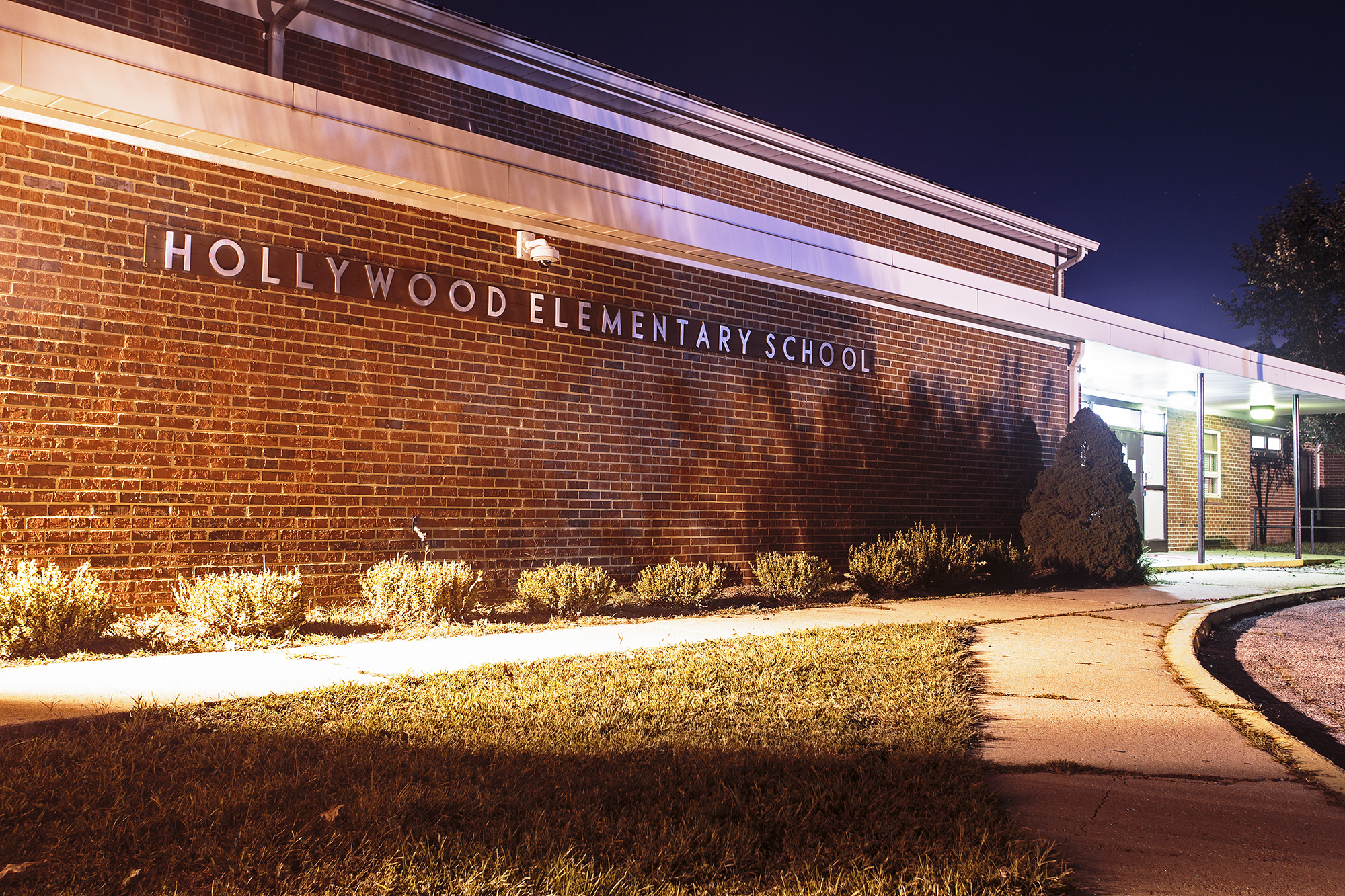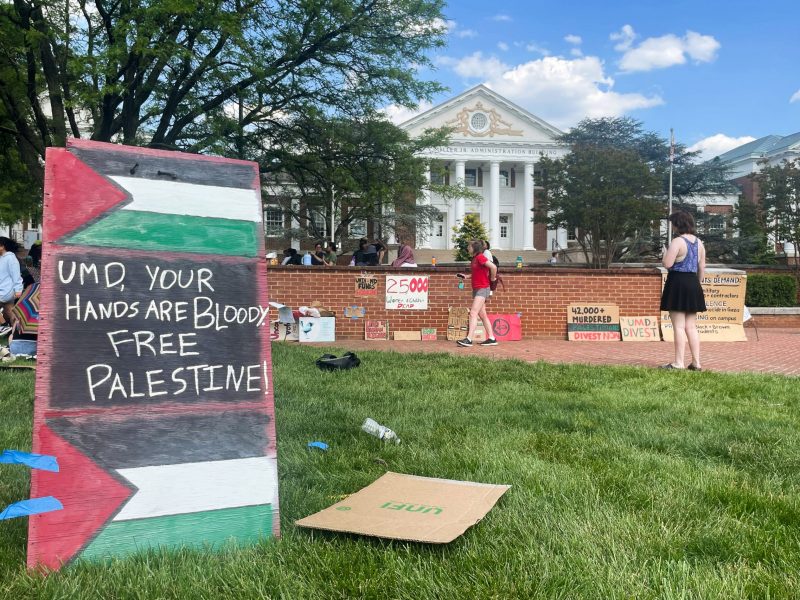When Ingrid Rivas, a junior family science major and first generation American, heard that her Spanish class will be helping local parents learn English, she said she was ecstatic.
“My parents are immigrants … and I saw how much my mom struggled when trying to help me with my homework,” she said. “Providing these services to the parents is helping them help their children.”
The program will allow students in SPAN359B: Spanish for the Professions; Spanish in the Community to go to College Park’s Hollywood Elementary School to help teach parents basic English skills. These skills would allow them to communicate with their child’s teacher during November’s parent-teacher conferences, said Ana Patricia Rodríguez, a professor for the Department of Spanish and Portuguese.
The program is set to run from Oct. 13 through the first week in December, she added.
The class’s focus is to learn more about the local Latino community and the language needs of its members, so having students involved in a program like this will help them understand more about the community around them, Rodríguez said. Students in the course will read and analyze literatures about many different topics, including demographics, history, statistics and parental involvement in schools, she added.
“The story goes that Latino parents are not interested in getting involved in school,” Rodríguez said. “It’s quite the opposite though … the literature shows that parents have high expectations for their children.”
About 906,000 Latinos live in the Washington metropolitan area, giving this area the 12th largest Hispanic population among U.S. metropolitan areas, according to a Pew Research Study report. Within that population, 53.1 percent of people are foreign-born, the study found.
In the College Park area, 11.9 percent of the population is of Hispanic or Latino origin, according to a Census fact sheet.
Mitigating factors such as a language barrier and working multiple jobs can make it very difficult for immigrant parents to do what schools expect them to do, Rodríguez said.
“If you don’t have the language skills, it’s very difficult to help your child [with schoolwork],” she said.
The university’s Office of Community Engagement helped Rodríguez connect with Hollywood Elementary School, which was looking for a program like this one to offer its parents, said Gloria Aparicio Blackwell, university Community Engagement Director.
“It’s a great opportunity for our students to get familiar with the area and spend time with our community,” she said.
Rodríguez said that in a survey of Hollywood Elementary parents interested in the program, she and her students found some of these parents know very little English.
While at the school, one mother thanked Rivas for offering a program like this that allows her to be more involved with her child’s education, Rivas said.
“She basically said ‘Wow, what a really great thing you are doing for us,’ and that this program is something that [parents] need,” Rivas said.
Blackwell said she hopes parents and their children who participate in this program understand that college is reachable.
“We want [to] help empower the community … to see that college can be an option and to get exposed to those resources,” she said. “If you get exposed and have the opportunity to meet with people that are coming from [a college] background, it would let them know that their children can go to college one day.”
Rodríguez said she will be offering an English class for the school of languages next semester and hopes to continue her partnership with Hollywood Elementary.
“We are hoping to recruit other parents of other languages next semester to open up our services even more,” she said. “I’m hoping to be able to draw in students that are interested in education, that speak all these languages that will also be able to teachers for this program.”



